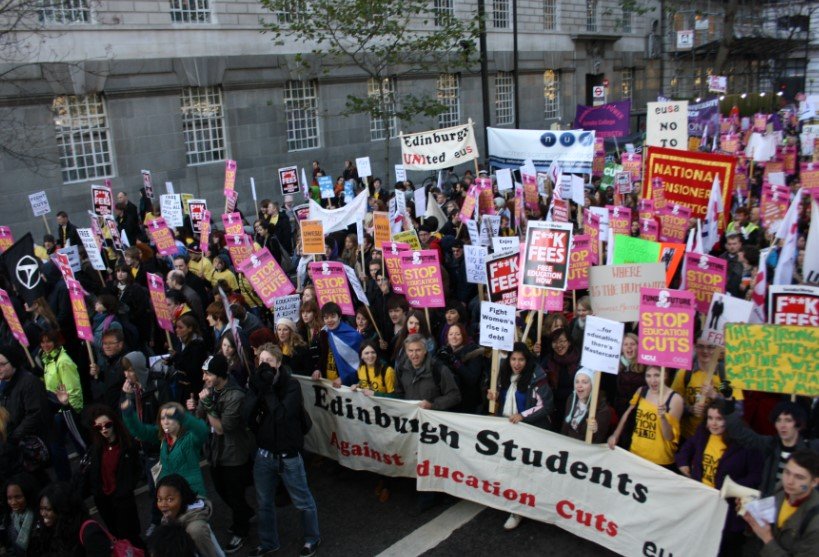Columbia University’s investment committee turned down calls to pull funds from Israel-linked entities on November 14, 2025. This decision came amid ongoing campus protests and followed months of demands from student groups focused on the Israel-Palestine conflict.
Background on the Divestment Push
Student activists at Columbia have pushed hard for divestment since the October 2023 Hamas attack on Israel sparked widespread protests. Groups like Columbia University Apartheid Divest formed coalitions with over 120 student organizations to demand changes in university investments.
These demands grew stronger after pro-Palestinian encampments on campus in 2024 led to arrests and suspensions. Protesters argued that Columbia’s endowment, valued at about $13.6 billion in 2025, supports companies tied to Israel’s actions in Gaza.
Activists filed three formal proposals last year. These called for pulling investments from entities involved in human rights violations against Palestinians.

The movement echoes past student-led efforts at Columbia, such as divestment from South Africa during apartheid in the 1980s and from fossil fuels in recent years.
Details of the Committee’s Decision
The Advisory Committee on Socially Responsible Investing reviewed the proposals and voted them down. They cited strong opposition from parts of the Columbia community and practical challenges in carrying out the changes.
Committee members pointed out that the proposals lacked a clear plan for execution. They also noted that divestment would not align with the university’s investment goals, which prioritize financial returns for education and research.
This rejection follows a pattern at other schools. For example, universities like Harvard and Yale have faced similar demands but often resisted due to endowment complexities.
Columbia keeps most endowment details private, making it hard for activists to track specific investments. This secrecy has fueled frustration among protesters.
Campus Reactions and Protests
The decision sparked immediate backlash from student groups. Protesters gathered outside university buildings, chanting slogans and holding signs.
One activist group released a statement calling the rejection a failure to address moral concerns. They vowed to keep pressing for transparency and action.
On the other side, some Jewish and Israeli student organizations welcomed the move. They argued that divestment would unfairly single out Israel and ignore broader campus views.
Recent protests in 2025 have led to dozens of student suspensions and expulsions. In July 2025, Columbia disciplined nearly 80 students involved in anti-war actions.
Social media buzzed with mixed opinions. Posts on platforms like X showed support for both sides, with some users praising the university’s stance and others criticizing it as complicit.
Historical Context of Divestment at Columbia
Columbia has a track record of responding to student demands over time. In the past, the university divested from tobacco companies in 2006 and private prisons in 2015.
Here is a timeline of key divestment events at Columbia:
| Year | Divestment Target | Reason |
|---|---|---|
| 1985 | South Africa | Opposition to apartheid policies |
| 2006 | Tobacco | Health concerns and ethical issues |
| 2015 | Private prisons | Human rights violations |
| 2021 | Fossil fuels | Climate change impact |
These actions show that Columbia considers divestment when there’s broad support and clear feasibility. The current Israel-related demands did not meet those standards, according to the committee.
Protests in 2024 and 2025 built on this history but faced more resistance due to divided opinions on campus.
The university also suspended groups like Students for Justice in Palestine and Jewish Voice for Peace in late 2023, only to reinstate them later under pressure.
Broader Implications for Universities
This decision could influence other schools dealing with similar protests. Across the US, over 100 campuses have seen calls for divestment from Israel since 2023.
Experts say full divestment is rare because endowments invest in broad funds, not direct stocks. Pulling out could hurt financial stability without much impact on targeted companies.
Some universities, like Brown, have agreed to review investments, but few have fully divested. Columbia’s stance might encourage others to hold firm.
The ongoing conflict in Gaza, with over 43,000 reported deaths as of November 2025, keeps fueling these debates. Student movements tie their demands to calls for ceasefire and aid.
Looking ahead, activists plan more rallies, while the university focuses on dialogue and safety.
What This Means for Students and Donors
The rejection highlights tensions between free speech and campus policies. Students face risks like academic penalties for protesting.
Donors play a role too. Some alumni have threatened to withhold funds over handling of protests, while others support the university’s position.
Key factors influencing future decisions include:
- Community consensus on ethical investments
- Legal and financial feasibility of changes
- Impact on university operations and reputation
These elements will shape how Columbia and peers navigate similar issues.
As debates continue, share your thoughts in the comments below or spread this article to join the conversation on campus activism and university ethics.
